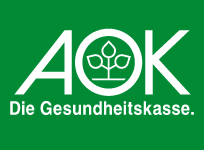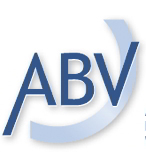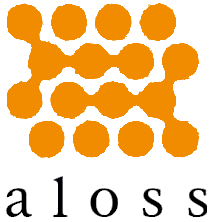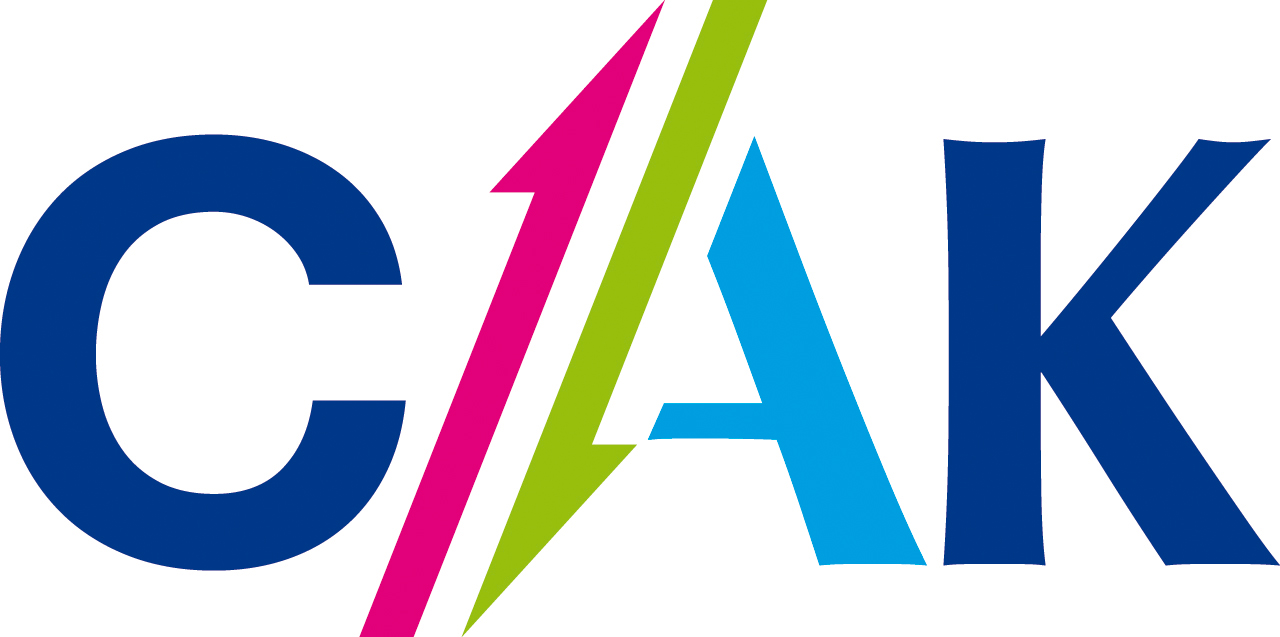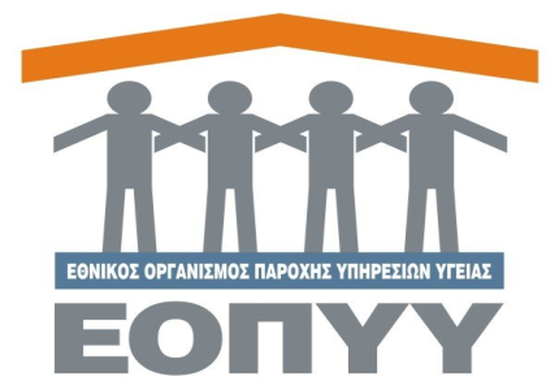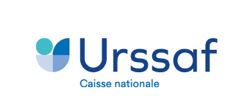News
Ensuring a high level of social protection |
30-11-2020 |
EV
ESIP puts forward its proposals for the implementation of the European Pillar of Social Rights
ESIP supported the goal of achieving renewed convergence towards a high level of social protection in its response to the public consultation on the European Pillar of Social Rights (EPSR). The reply is focused on the principles 9 to 18 of the EPSR, relevant to social security.
EU response to the COVID-19 pandemic
As part of the European Union's response to the economic and social impact of the COVID-19 pandemic, ESIP considers that the components of national Recovery and Resilience Plans should indicate how they contribute to economic strength and also to the implementation of specific principles of the European Pillar of Social Rights, and, where relevant, of the Recommendation on access to social protection[1].
Reinforcing social protection systems in the EU (principle 12)
To ensure adequate social protection regardless of employment status, the Commission should continue to support and monitor national implementation of the Council Recommendation on access to social protection and foster mutual learning between social security experts. In addition, to ensure adequate protection for mobile workers, ESIP encourages the EU institutions to reach a compromise on modernised rules for social security coordination. As part of the development of digital tools, ESIP warns against the risk posed by the RINA handover, which could jeopardise the implementation of the Electronic Exchange of Social Security Information and the rights of mobile persons in the EU.
To guarantee fair mobility, ESIP supports the development of a European Social Security Number, that includes a tool for the verification of coverage in real time, compared with other possible solutions.
Facilitating work-life balance and access to childcare (principles 9 & 11)
For ESIP, the implementation of the Work-Life Balance Directive should be closely monitored. Further exchanges should be fostered on how to design family policies that provide positive incentives to enhance work-life balance and gender equality.
In addition, the EU should provide support via the European Child Guarantee, to develop early childhood education and care of high quality, accessible to all children and with sufficient flexibility to fit the needs of all families.
Fostering healthy & inclusive labour market and society (principles 10 & 17)
ESIP invites the European Commission to launch a review of the existing EU framework on health and safety at work, to revise outdated pieces of legislation and assess the fitness of the legislation applicable to remote work.
ESIP also stresses a need to put more focus on the role of return to work (RTW) strategies as a way to strengthen employability throughout the working life, and to develop EU guidelines on RTW. In that end, the next EU’s Disability Strategy should also add the early childhood education and care dimension to allow early inclusion of children with disabilities. The right to work enshrined in the UNCRPD should be further implemented as part of the Strategy.
Improving the quality, affordability, and timely access to health & long-term care (principles 16&18)
To ensure timely access, ESIP proposes a common EU-level reporting system on the availability of medicinal products as well as a stockpiling system for essential medicines. A unitary Supplementary Protection Certificate should be considered to end delayed entry of generics and biosimilars.
To guarantee the affordability of care, ESIP highlights the need for a revision of the Orphan Medicinal Products Regulation, and the introduction of conditionality clauses for public return on public investment in EU-funded research programmes.
To improve the quality of care, ESIP proposes to introduce new targeted incentives to encourage the development of priority medicines such as new antimicrobials and in areas with a high unmet medical and societal need. Prevention is also crucial, and ESIP argues for the full implementation of a “Health in all policies” approach.
Ensuring efficient and sustainable pension systems (principle 15)
To tackle the impact of demographic change on pension systems, ESIP recommends an assessment of lifelong learning best practices, and exchange of best practices to facilitate the extension of working lives. The European Commission is also invited to provide support to initiatives to enhance pension literacy and access to pension information for cross-border workers, such as the European Tracking Service.
Supporting national unemployment benefits schemes (principle 13)
ESIP welcomes the introduction of the European Instrument for temporary Support to mitigate Unemployment Risks in an Emergency, and encourages the European Commission to continue investigating the design of a permanent European Unemployment Reinsurance Scheme, to provide long-term support, enhancing economic stability and solidarity in the EU.
Find out more about our proposals in our full reply.
[1] Council Recommendation of 8 November 2019 on access to social protection for workers and the self-employed 2019/C 387/01


